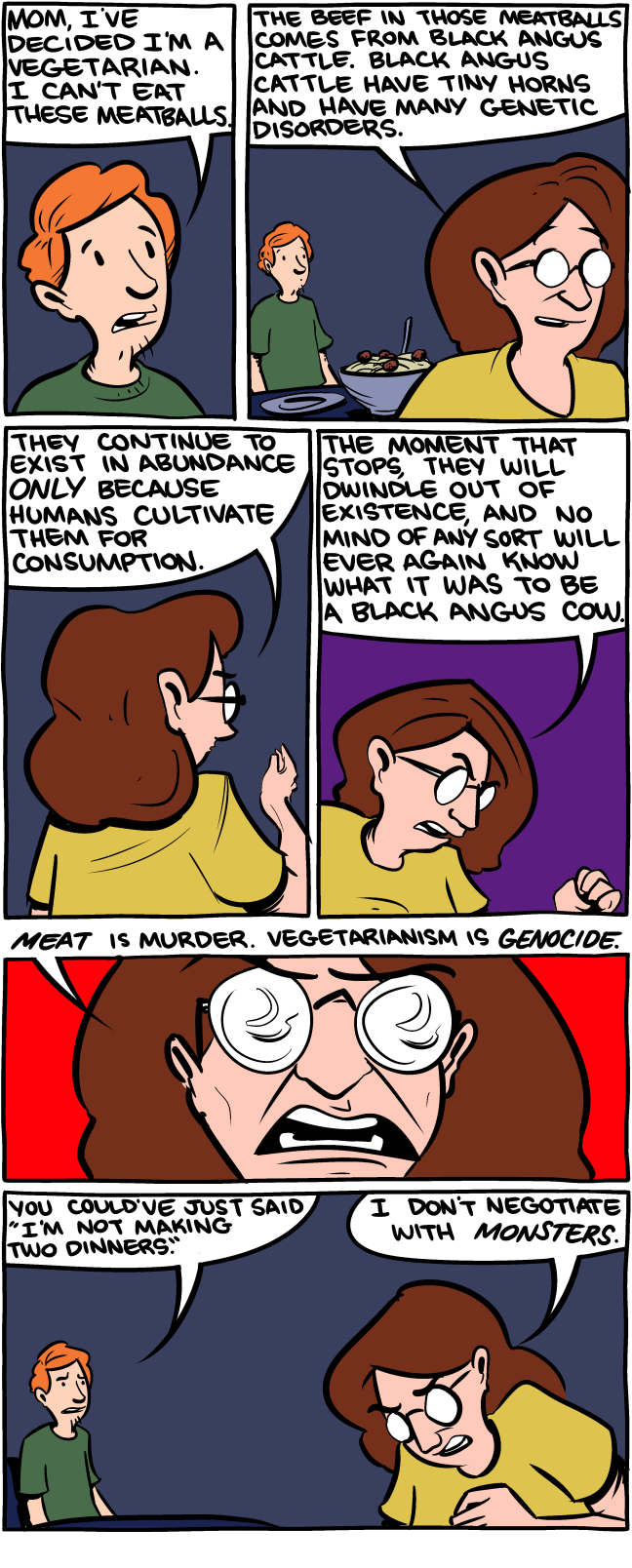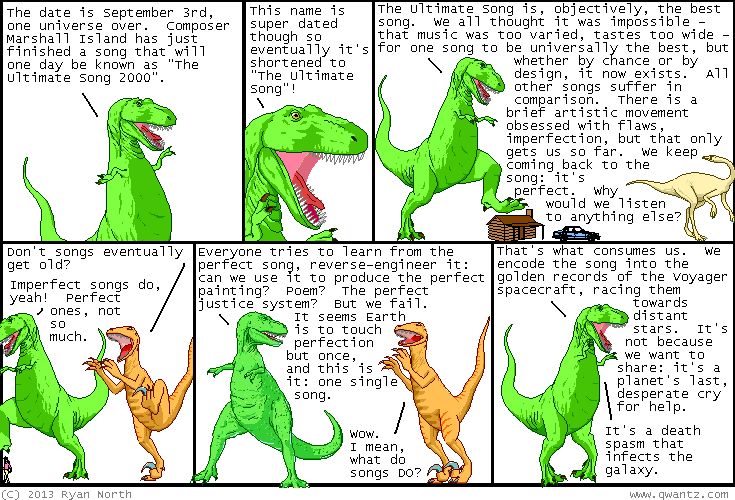In shul this morning, the second day of Rosh Hashanah, the rabbi spoke at length about the State of Israel. This is more surprising than you might think. I’ve been going to this shul since I moved to Brooklyn in 1999, and if memory serves, it’s only been in the last two or three years that the rabbi has devoted at least one of her High Holy Days talks to Israel.
Throughout the aughts, Israel didn’t come up much in shul. During flash points of the Second Intifada, you might hear a prayer for Jewish Israelis or nervous temporizing about some action in Jenin or Gaza. But I can’t recall an entire sermon devoted to the State of Israel and its meaning for Jews.
That’s also how I remember much of my synagogue experience as a kid. Don’t get me wrong: Israel was central to my Jewish education. My entire family—my five sisters, my parents, and my grandfather—visited there with our synagogue in 1977. Several of my sisters, as well as my parents, have been back. The safety of Israel was always on my mind; I remember spending many a Friday night service imagining a terrorist attack on our synagogue, so short seemed the distance between suburban New York and Tel Aviv. I wrote about Israel in school essays (I actually defended its role in the Sabra and Shatila massacre). I had a strong feeling for Israel (or what I thought was Israel): a combination of hippie and holy, Godly and groovy, a feeling well captured by Steven Spielberg in Munich.
But for all of Israel’s role in my Jewish upbringing, I don’t remember my rabbi talking about the state all that much. In fact, the only time I remember him bringing it up was in 1982, not long after Israel’s invasion of Lebanon. This was the first time that I became aware of international criticism of Israel. I had known, of course, about Arab and Palestinian opposition to the state, but in the world of American Jewry, that was all too easy to dismiss. The 1982 invasion, however, was especially controversial and brought Israel intense criticism from across the globe. Or at least sufficiently intense that I noticed.
Our rabbi—Chaim Stern, who edited the prayer book that’s now used at Reform synagogues across the country—was wry and erudite, not given to hot pronouncements. But something in the air that year stirred him to defend the State of Israel against its many critics. I’ve forgotten most of what he said, but one comment stuck with me: Israel should be allowed to be a normal state. We shouldn’t demand of Israel that it be a nation above others; we should let it be a state among others. Stern didn’t mean what many of us would now take that statement to mean: that Israel should be held to the same standard as other states, particularly states that claim to be liberal democracies. He meant that it should be free to hunt and kill its enemies. Just like any other state.
But aside from this one instance, my memory of my rabbi is that he was relatively silent on the topic. Israel was so much a part of the moral and material fabric of our lives that it didn’t require elaborate sermons and defenses or justifications. It (or an image of it) was something we lived rather than something we were lectured about.
And that’s how it had mostly been at the shul I now attend in Brooklyn. Until about two years ago. I remember the rabbi first taking up the topic in earnest in 2011 (or was it 2010?), almost apologetically, saying that we in the shul had been too quiet about Israel. It was time to talk. And by talk, she meant defend. Israel was under attack, politically and ideologically; its status in the culture could no longer be taken for granted. We had to speak up on its behalf. I remember wondering at the time whether she wasn’t responding to some specific call from other rabbis, a sense that Israel was beginning to lose control of the conversation not just internationally but in the US as well.
But what’s become clear to me since then—and this morning’s sermon confirmed it—is that it’s not the goyim the rabbis are worried about; it’s Jews. And not merely anti-Zionist, middle-aged lefty Jews like me but also younger Jews who are indifferent to Zionism.
In her talk this morning, the rabbi cited a statistic: where 80 percent of Jews over 65 feel that the destruction of the State of Israel would be a personal tragedy, only 50 percent of Jews under 35 feel the same way. I have no idea if this is true or what study it’s based on (this article in Tablet cites the same statistic), and admittedly it’s a high (and kind of weird) bar upon which to hang and measure support for the State of Israel. But my anecdotal sense is that there is something to it. Earlier this year, I had a drink with a 20-something journalist who’s Jewish. He said most Jews his age didn’t think or care all that much about Israel. Where Jews my age had to work toward our opposition to Israel—overcoming heated criticism and feelings of betrayal from friends and family—Jews his age, he suggested, could simply slough off the state as if it were so many old clothes.
But what most stood out for me from this morning’s sermon was how nervous the rabbi was about bringing up the topic. After talking a bit about how Israel felt to her as a kid (her memories are much like mine), she said that nowadays it seemed as if one couldn’t have a conversation with another Jew about Israel without fearing that it would explode into an argument. So fraught is the topic, she said, that many of us have opted not to talk about it at all. An uneasy silence had descended upon the Jewish community—an anxious modus vivendi in which we don’t agree to disagree but agree not to discuss—and it was this, more than anything, that worried her.
Now there are many reasons why a Jew would be made nervous by such a silence. Jews like to pride themselves on their tradition of argument and internal dissent. For every two Jews, three opinions, and so on. (That’s often not been my experience of Jews and Judaism, but it’s certainly a part of our sense of ourselves). Judaism, moreover, is not a religion of inner lights, of atomistic individuals who do their own thing. Ours is the religion of a people, a people with a rather insistent sense of collectivity. We do not shuffle into private confessionals; we declare our guilt publicly and communally. On Yom Kippur, we recite all the offenses we have committed against God and to each other (my personal favorite is “stiff-neckedness”). Individually, we may not have committed all of them, but that doesn’t matter. Somewhere, someone in the community did, and we’re all responsible.
But the rabbi wasn’t concerned about the conversation about Israel for these reasons. Something else seemed to be bothering her. If Jews can’t speak to each other about Israel, how can they defend the state to the rest of the country, much less the world? If defenders of Israel can’t make the case to the Jewish people, to whom can they make the case? Instead of issuing a call to arms, the rabbi pleaded for civility: let’s learn to speak to each other with mutual regard and respect, not to demonize each other simply because we take different positions on the State of Israel. Though she framed this as a universal injunction, I suspect she was speaking more personally. It seemed as if she felt like she had been demonized for her support for Israel (which is not, I should hasten to add, uncritical support but probably something closer to Peter Beinart’s liberal Zionism). And not by Arabs or the French, but by other Jews, perhaps even Jews in her own congregation.
I know how she feels. Though I grew up in a Zionist family, my position on Israel began to shift during my last years as an undergraduate in the late 1980s. In my junior year, I studied at Jesus College, Oxford. On the one hand, the experience solidified my identity as a Jew. Growing up in suburban Westchester, I never felt marked as other, as exotic or alien or strange. But at Oxford I did (I remember visiting a friend’s family over the Christmas holiday. Upon my arrival, the first thing they remarked upon was my being Jewish. It was as if they had been talking about it for weeks, wondering what they would do with this Jew once he crossed the threshold.) I came away from my year in England not only more identified as a Jew but also more interested in being Jewish.
On the other hand, that was the year of the Intifada, which set me on a path of questioning the State of Israel. When I returned to the States, I heard Edward Said speak on campus. I was mesmerized (anyone who had the privilege of hearing Said on Israel/Palestine knows what I’m talking about).
Coming out of these experiences, I recommitted myself to Judaism while rejecting Zionism. I learned how to be a Jew without Israel.
My break with Israel didn’t happen all at once. It was a process, but it did have an end point. In the summer of 1993, I was in Tennessee with my then-girlfriend, who was doing dissertation research there. Toward the end of the summer, I bought a copy of Said’s The Question of Palestine and read it in two days. As we drove back to New Haven, all hell broke loose. She was Jewish and at the time a firm if critical believer in Israel as a Jewish state. I began the car ride by voicing some tentative criticisms, but the conversation quickly escalated. It ended with me declaring that no child of mine would ever step foot in the State of Israel (I was kind of melodramatic in those days). We didn’t speak for a week.
That was my last experience of really getting into it with another Jew over Israel. I learned my lesson. I kept quiet. For about a decade and a half. The topic was simply too painful. I would only talk about it with ideologically sympathetic friends (and a couple of my sisters, who had come around to the same position as me) or with non-Jews. I couldn’t bear the feeling that I was being disloyal to the Jewish people; it was as if I had turned my back on my own family. I didn’t change my position; I just didn’t publicize or push it.
But something has changed in the last few years. The BDS movement has made great strides, critics like Ali Abunimah provide thousands of followers on Twitter with a constant stream of vital information we wouldn’t get elsewhere, books like Mearsheimer and Walt’s The Israel Lobby (whatever you think of its thesis) have blown open a topic long considered taboo, and respected voices in the mainstream media like Glenn Greenwald (and before him, Tony Judt) have made it possible for Jews to speak our minds on the topic. Now my little tribe within a tribe is more vocal, and suddenly it is our opponents who feel like they have to be careful around us and not vice versa.
I don’t want to overstate things. The pro-Israel forces still have an iron grip on the conversation in Congress (not to mention the expenditures and actions of the American state as a whole); critics of Israel are still vulnerable on college campuses; and lock-step support for Israel is still a requirement for mainstream respectability in most of the mainstream media.
I also wouldn’t want to make too much of a few sermons at my shul in Brooklyn, which despite being Conservative is politically progressive. I suspect the conversation in other shuls is rather different.
Still, if what my rabbi says is any indication, something may be happening in the Jewish community. If we look beneath the world of AIPAC and high politics, if we pay attention to the everyday conversation and its unspoken rules of discretion, we may be seeing a subtle shift in manners and mores that portends something larger and more fundamental.
I don’t know what that something larger is, or will be, and despite what Montesquieu and Tocqueville taught us, the politics of politesse is just that. Even so, for the first time in 20 years, I’m hopeful.
Shanah Tovah.






























